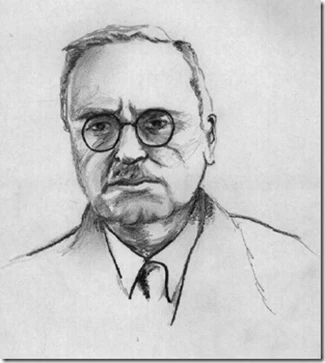 Here's a rejected question from the SWTP archives. Why didn't we include it in a practice exam? It's just not the type of material that generally appears on the social work licensing exam. The ASWB is looking for beginning knowledge, skills, and abilities, a solid understanding of social work ethics, and a good understanding of social work scope of practice--preventing harm with FIRST/BEST/NEXT choices. Not specifics of anything but the most central theories utilized in social work practice.
Here's a rejected question from the SWTP archives. Why didn't we include it in a practice exam? It's just not the type of material that generally appears on the social work licensing exam. The ASWB is looking for beginning knowledge, skills, and abilities, a solid understanding of social work ethics, and a good understanding of social work scope of practice--preventing harm with FIRST/BEST/NEXT choices. Not specifics of anything but the most central theories utilized in social work practice.
That said, if you know this, hat's off to you.
According to Alfred Adler's birth order theory, an only child is likely to:
A. Enjoy exclusive adult attention, have difficulty sharing, and may be spoiled.
B. Act like a "baby" and remain immature throughout his development.
C. Have serious identity problems.
D. Be competitive and rebellious toward his parents.
How do you answer a question like this if you no clue about what Alfred Adler was about? Like with the rest of the exam, when in doubt, use common sense. Go with your gut.
How do you think birth order affects children? What's your best guess at how a theorist from a ways back may have thought about only children?
Taking the answers from the bottom:
D. Competitive and rebellious. According to Adler, these characteristics are truest of second children.
C. Identity problems. According to Adler, identity problems are typical of twins.
B. Immature. According to Adler, this behavior is typical of the youngest child.
Which leaves
A. Spoiled. According to Adler, since only children don't need to share attention and tend to spend time with adults, they may become spoiled.
That's your answer. Didn't know? Now you do.
Again, this isn't content that's likely to appear on the ASWB exam. But the process--how you arrive at the correct answer--is something to try out again and again. Our full-length exams are a great place to do just that. Sign up to get started!
For more on Alfred Adler's birth order theories (for you, pure procrastination), try this site.
Happy studying and good luck on the exam!
February 26, 2020
Categories :

 Here's a rejected question from the SWTP archives. Why didn't we include it in a practice exam? It's just not the type of material that generally appears on the social work licensing exam. The ASWB is looking for beginning knowledge, skills, and abilities, a solid understanding of social work ethics, and a good understanding of social work scope of practice--preventing harm with FIRST/BEST/NEXT choices. Not specifics of anything but the most central theories utilized in social work practice.
Here's a rejected question from the SWTP archives. Why didn't we include it in a practice exam? It's just not the type of material that generally appears on the social work licensing exam. The ASWB is looking for beginning knowledge, skills, and abilities, a solid understanding of social work ethics, and a good understanding of social work scope of practice--preventing harm with FIRST/BEST/NEXT choices. Not specifics of anything but the most central theories utilized in social work practice.